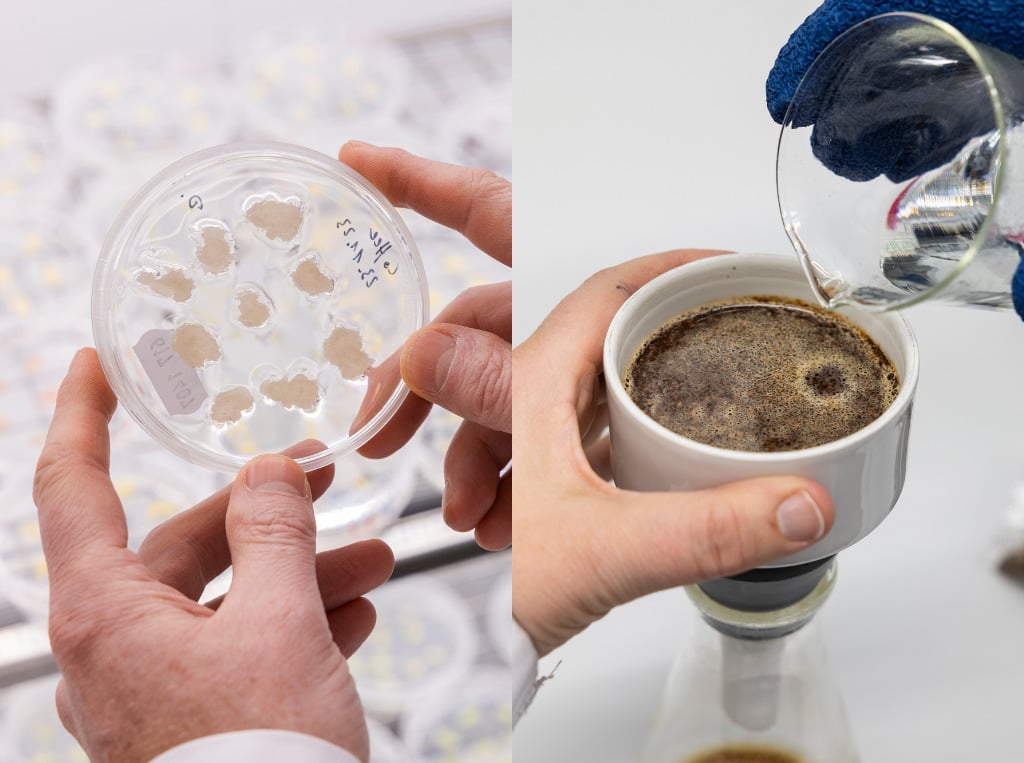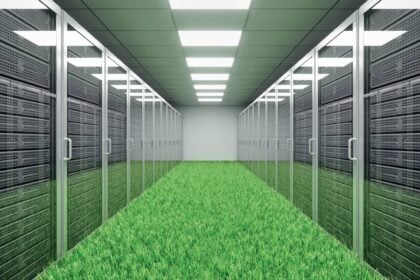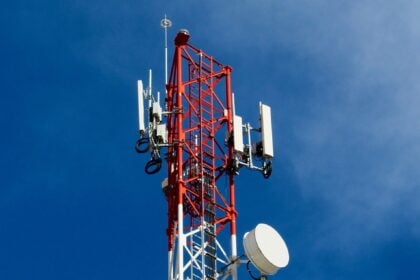In the rapidly advancing realm of food technology, lab grown coffee beans are capturing the spotlight. These innovative beans have transitioned from being just a trendy concept to being rigorously tested by baristas around the globe. But what exactly are lab grown coffee beans, and why are they garnering so much attention? Let’s delve into the intriguing world of coffee technology and explore what the future holds for your daily cup of joe.
The Rise of Lab-Grown Coffee Beans
In recent years, there has been a significant surge in the demand for sustainable and ethically produced coffee. Traditional coffee farming is fraught with challenges such as climate change and deforestation. Lab grown coffee beans offer a promising alternative by minimizing the environmental impact while ensuring a consistent supply of this cherished beverage.
What Exactly Are Lab-Grown Coffee Beans?

Lab grown coffee beans, also referred to as cultured coffee, are created using cellular agriculture techniques. Scientists grow coffee cells in bioreactors, replicating the natural growth process without the need for extensive farming. This method not only conserves valuable resources but also allows for meticulous control over flavor and quality.
Barista Reactions: From Skepticism to Curiosity
Baristas, the custodians of coffee culture, have had varied reactions to lab grown coffee beans. Some remain skeptical, questioning whether these beans can truly replicate the rich flavors of traditionally grown coffee. Others, however, are intrigued and excited about the potential for customization and sustainability.
On Reddit, one user remarked, “Lab grown coffee? 🤔 I’m intrigued! If it tastes the same and helps the planet, I’m all in!” Meanwhile, a TikTok video featuring a barista testing lab-grown coffee beans went viral, amassing millions of views and igniting a lively debate in the comments.
The Science Behind the Brew
The process of creating lab grown coffee is intricate. Scientists begin by isolating cells from coffee plants and placing them in a nutrient-rich medium. These cells are then encouraged to grow and form coffee bean structures. The end result is a bean that can be roasted and brewed just like its traditional counterpart.
According to a Forbes article, this technology has the potential to revolutionize the coffee industry, offering a more sustainable means of producing coffee without compromising on taste or quality.
Pros and Cons: Evaluating the Benefits
Pros:
– Sustainability: Lab grown coffee beans drastically reduce the need for land, water, and pesticides.
– Consistency: The controlled environment ensures uniform quality and flavor.
– Innovation: Opens up possibilities for new flavors and blends.
Cons:
– Cost: Currently, the production cost is higher compared to traditional methods.
– Acceptance: Convincing traditional coffee enthusiasts to switch might prove challenging.
A Taste Test: Lab-Grown vs. Traditional
A recent blind taste test involving a panel of coffee experts revealed surprising results. Many participants were unable to distinguish between lab-grown and traditional coffee, underscoring the potential of this new technology. One expert commented, “The lab-grown cup had a smooth finish with hints of chocolate, reminiscent of some of the best single-origin coffees I’ve tasted.”
Social Media Buzz: Lab-Grown Coffee Takes Over
On X, users are sharing their experiences: “Tried lab-grown coffee today ☕️, and honestly, it’s not bad! Can’t wait to see how this develops.” Another user tweeted, “If lab-grown coffee helps save the forests, I’m switching! 🌍”
FAQs About Lab-Grown Coffee Beans
Q: Are lab-grown coffee beans safe for consumption?
A: Yes, lab-grown coffee beans are safe and undergo rigorous testing to meet quality and safety standards.
Q: Do lab-grown coffee beans taste different from traditional beans?
A: Most taste tests suggest that lab-grown coffee is comparable in flavor to traditional coffee, with some even preferring it.
Q: Is lab-grown coffee available to the public?
A: While still in its early stages, some companies are beginning to offer lab-grown coffee to consumers, primarily through online platforms.
Q: How do lab-grown coffee beans impact farmers?
A: This technology aims to complement traditional farming, offering a sustainable alternative during global supply shortages.
The Future of Coffee: Blending Tradition with Innovation
As the world contends with environmental challenges, lab-grown coffee beans offer a glimpse into a sustainable future. While they may not completely replace traditional methods, they provide a viable option for reducing the industry’s environmental footprint.
For now, the coffee community is observing closely, eager to see how these beans will shape the future of coffee culture. Whether you’re a coffee aficionado or a casual drinker, the next time you sip your brew, you might just be tasting the future.
Also, explore one of our latest trending pieces—it’s a good one!









